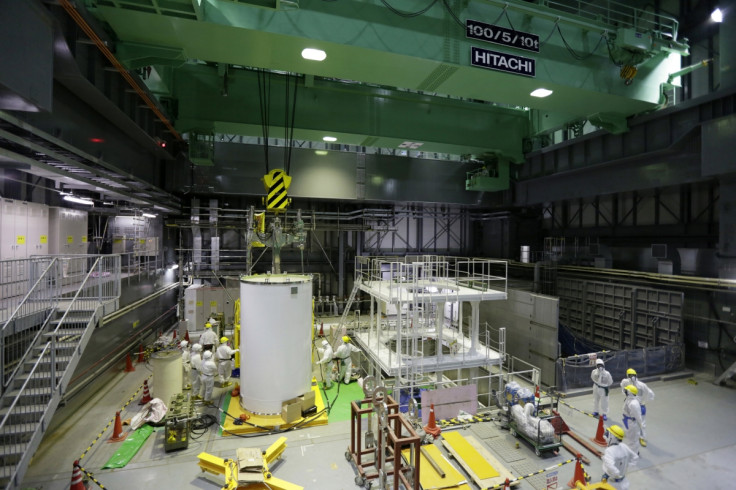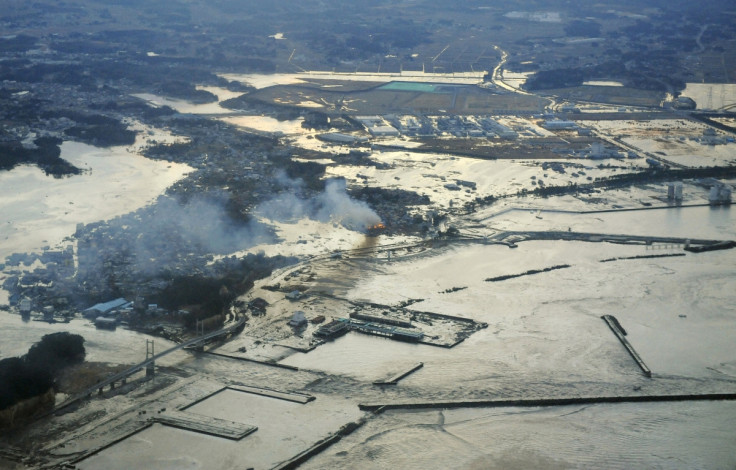Japan to 'Recreate' Fukushima Disaster as Decontamination System Stops Working

Japanese scientists will recreate the Fukushima nuclear disaster in a controlled experiment to learn what caused the meltdown three years ago.
A spokesman of the Japan Atomic Energy Agency said researchers want to determine exactly what happened to the three nuclear reactors in order to prevent such a disaster from happening again.
"Results of the experiment will help us better predict the effectiveness of measures to deal with a nuclear accident, such as an emergency injection of water into a reactor," he said. "There are no safety problems with the experiment itself.
"We want to study exactly how meltdowns happen and apply what we will learn to help improve ways to deal with severe accidents in the future."
To recreate the Fukushima nuclear disaster, scientists plan to use a 1.2m steel capsule containing a 30cm nuclear fuel rod, which will be placed at the core of the reactor – this will help recreate a similar situation to when the reactors lost water because of the heat generated by nuclear fuel.
Cameras will be installed inside the capsule to record the process.

An official with Tokyo Electric Power Co (Tepco), the operator of the Fukushima nuclear facility, said they have not yet been able to get information about the reactors during the crisis: "The present calculation method has its limits when seeking precision."
The announcement comes as one of the decontamination systems at the nuclear sites stopped working.
Japanese broadcaster HNK said that Tepco's Advanced Liquid Processing System, or Alps, had been used to liquidate radioactive substances from contaminated water at the plant.
However, Tepco stopped operating all three Alps systems – a decision the company now has admitted was a mistake – and are having trouble restarting them.
Initially Tepco said it would decontaminate radioactive water from the plant before the end of 2014, but has now said it will need another year.
This is not the first time the company has had problems with its Alps decontamination system. Last year, the systems malfunctioned and could not filter contaminants such as strontium and cobalt from the water.
© Copyright IBTimes 2025. All rights reserved.






















